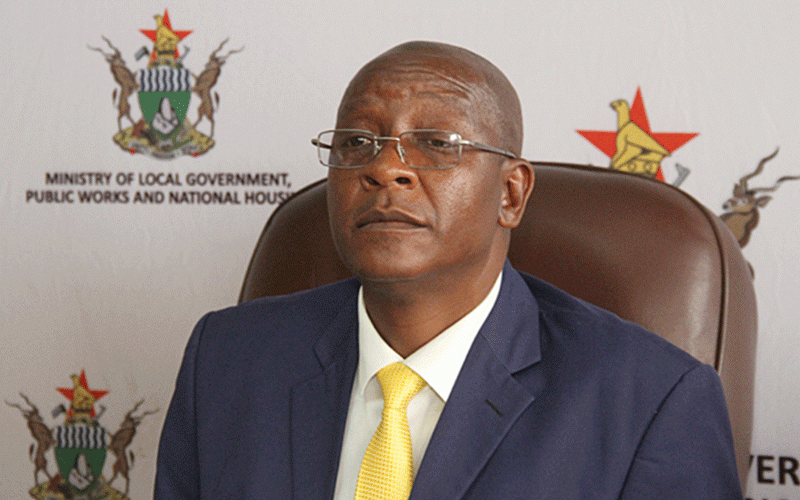
JUSTICE, Legal and Parliamentary Affairs minister Ziyambi Ziyambi says fiscal space and worsening economic challenges are inhibiting Zimbabwe’s efforts to promote children’s rights.
Ziyambi is attending the 43rd Ordinary Session of the African Committee of Experts on the Rights and Welfare of the Child in Maseru, Lesotho.
He said economic challenges due to economic sanctions imposed on Zimbabwe by Western countries and their allies have also affected implementation of the African Charter on the Rights and Welfare of the Child.
“The absence of balance of payments support from international financial institutions has forced my government to largely depend on resources mobilised from the domestic market,” he said.
“Limited fiscal space has affected my government’s efforts to capacitate key institutions for the promotion of children’s rights in Zimbabwe (while) effects of climate change ... continue to impact negatively on the livelihoods of our people, particularly those in marginalised areas.”
Ziyambi said Zimbabwe had, however, aligned several laws to the Constitution for the progressive realisation and enjoyment of children’s rights.
These include Children’s Act, Marriages Act, Guardianship of Minors Act and the Cyber and Data Protection Act, which criminalises online sexual exploitation and abuse of children.
“With regards to non-discrimination, every child has the right to equal treatment before the law, irrespective of age, gender, ability, nationality or culture.
- Mavhunga puts DeMbare into Chibuku quarterfinals
- Bulls to charge into Zimbabwe gold stocks
- Ndiraya concerned as goals dry up
- Letters: How solar power is transforming African farms
Keep Reading
“Furthermore, the legislation outlaws any sort of discrimination against children on the basis that they are born in or out of wedlock. Social and legal dictates clearly show that no child should be punished by virtue of not having been sired in a registered union or marriage,” he said.
Ziyambi said government continued to implement measures designed to eliminate all legal and administrative barriers in the registration of births and deaths.
“To that effect, the rate of birth registration has been steadily increasing over the reporting period. It is important to note that even children of refugees are registered regularly,” he said.
Government, Ziyambi further noted, was also working towards strengthening alternative care provisions by promoting family-like care in the form of foster care, supported community care and kinship care.
“Government remains committed to working closely with stakeholders and development partners to ensure the full realisation of children’s rights,” he added.










